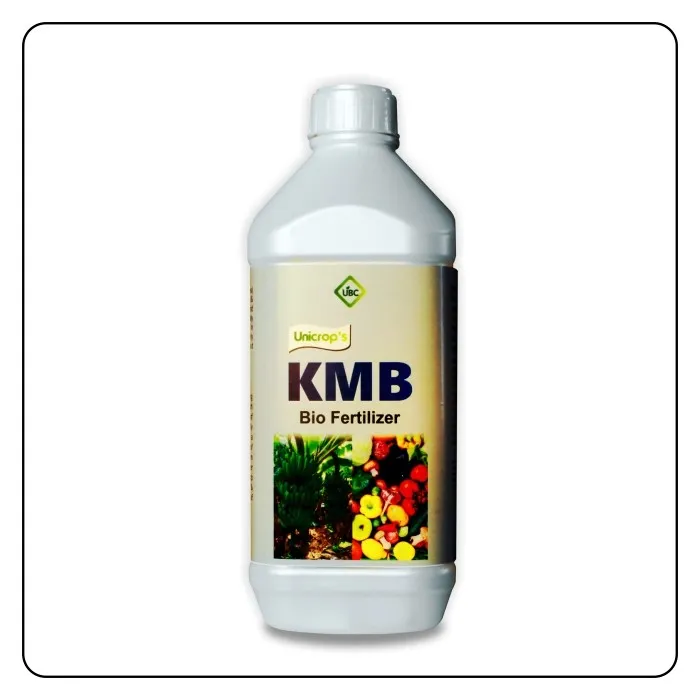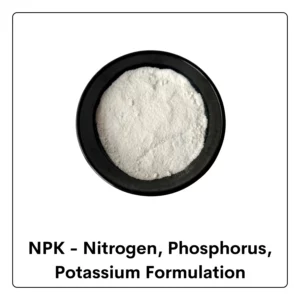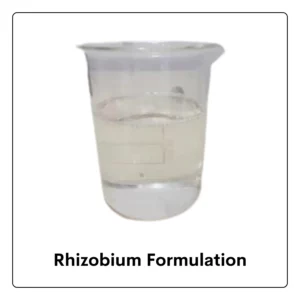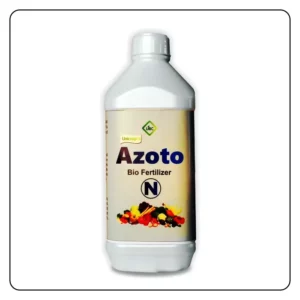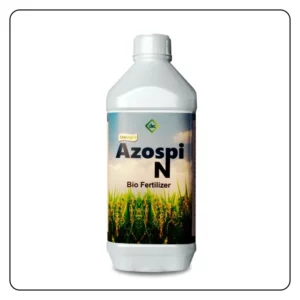KMB
Potash Mobilizing Bacteria, commonly referred to as KMB, are beneficial microorganisms that play a crucial role in the mobilization and uptake of potassium (potash) in plants. These bacteria have the unique ability to solubilize and release potassium from fixed forms, making it more accessible to plant roots. By promoting potassium uptake, KMB products offered by Unicrop Biochem contribute to improved plant growth, enhanced nutrient utilization, and increased resistance to stress.
Unicrop Biochem’s commitment to quality and excellence is reflected in their state-of-the-art manufacturing facilities, stringent quality control measures, and a team of experienced professionals dedicated to developing effective microbial solutions.
KMB
Potash Mobilizing Bacteria, commonly referred to as KMB, are beneficial microorganisms that play a crucial role in the mobilization and uptake of potassium (potash) in plants. These bacteria have the unique ability to solubilize and release potassium from fixed forms, making it more accessible to plant roots. By promoting potassium uptake, KMB products offered by Unicrop Biochem contribute to improved plant growth, enhanced nutrient utilization, and increased resistance to stress.
Unicrop Biochem’s commitment to quality and excellence is reflected in their state-of-the-art manufacturing facilities, stringent quality control measures, and a team of experienced professionals dedicated to developing effective microbial solutions.
Mechanism of Action
- KMB is bacteria mobiles transport of potassium in soil to root zone.
Dose of KMB
Seed Treatment:
Use 10ml of KMB per 100ml of water or mix it with 20gm sugar/jaggery for 1kg of seeds. After being uniformly wet shake them gently to form uniform layer of culture coating. Then dry the seeds in shade for 20-25 minutes.
Root Dipping:
As per the requirement, mix the bio fertilizer in 5-10 litres of water. Later dip the roots of seedlings up to half an hour before transplantation.
Soil Application:
Add 500ml of liquid fertilizer in 100 litres of water and apply at 1 acre of land through drip irrigation or drench the soil at proper moisture of land.
Benefits of KMB
- Mobilizes potash in all types of soil and increases yield of crops up to 15-20%.
- Helps in photosynthesis. Increases resistance of crops to hot & dry condition.
- Improves quality of fruits as well as grains.
- Increases sugar content and size of fruits.
- Being an environment friendly biological fertilizer good alternative for chemical fertilizers.
Crops
Rice, Bajra, Wheat, Maize, Oats, Barley, Rye, Millets, Sorghum, Banana, Avocados, Apple, Guava, Mango, Orange, Papaya, Grapes, Pomegranate, Dragon Fruit, Watermelon, Potato, Tomato, Okra, Cabbage, Spinach, Bitter gourd, Bottle gourd, Cucumber, Capsicum, Chickpea, Mung bean, Castor, Groundnut, Mustard, Cotton, Soybean, Rapeseed, Chilli, Turmeric, Ginger, Clove, Garlic, Cinnamon, Coriander, Cumin, Pepper, Sugarcane, Sugar beet, Rose, Tuberose, Tulips, Carnation, Marigold, Aster, Sunflower, Jasmine, etc.
Mechanism of Action
- KMB is bacteria mobiles transport of potassium in soil to root zone.
Dose of KMB
Seed Treatment:
Use 10ml of KMB per 100ml of water or mix it with 20gm sugar/jaggery for 1kg of seeds. After being uniformly wet shake them gently to form uniform layer of culture coating. Then dry the seeds in shade for 20-25 minutes.
Root Dipping:
As per the requirement, mix the bio fertilizer in 5-10 litres of water. Later dip the roots of seedlings up to half an hour before transplantation.
Soil Application:
Add 500ml of liquid fertilizer in 100 litres of water and apply at 1 acre of land through drip irrigation or drench the soil at proper moisture of land.
Benefits of KMB
- Mobilizes potash in all types of soil and increases yield of crops up to 15-20%.
- Helps in photosynthesis. Increases resistance of crops to hot & dry condition.
- Improves quality of fruits as well as grains.
- Increases sugar content and size of fruits.
- Being an environment friendly biological fertilizer good alternative for chemical fertilizers.
Crops
Rice, Bajra, Wheat, Maize, Oats, Barley, Rye, Millets, Sorghum, Banana, Avocados, Apple, Guava, Mango, Orange, Papaya, Grapes, Pomegranate, Dragon Fruit, Watermelon, Potato, Tomato, Okra, Cabbage, Spinach, Bitter gourd, Bottle gourd, Cucumber, Capsicum, Chickpea, Mung bean, Castor, Groundnut, Mustard, Cotton, Soybean, Rapeseed, Chilli, Turmeric, Ginger, Clove, Garlic, Cinnamon, Coriander, Cumin, Pepper, Sugarcane, Sugar beet, Rose, Tuberose, Tulips, Carnation, Marigold, Aster, Sunflower, Jasmine, etc.

